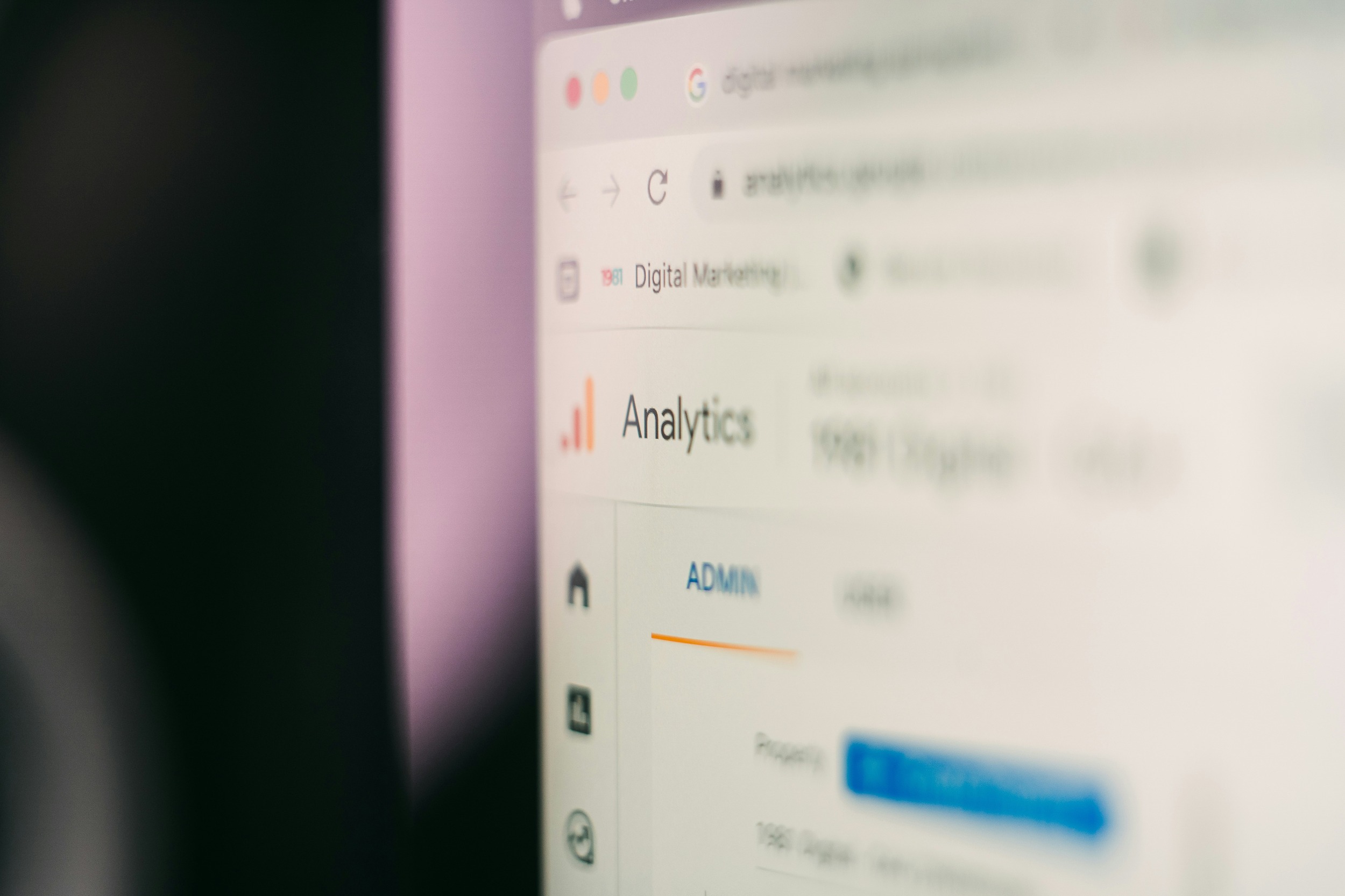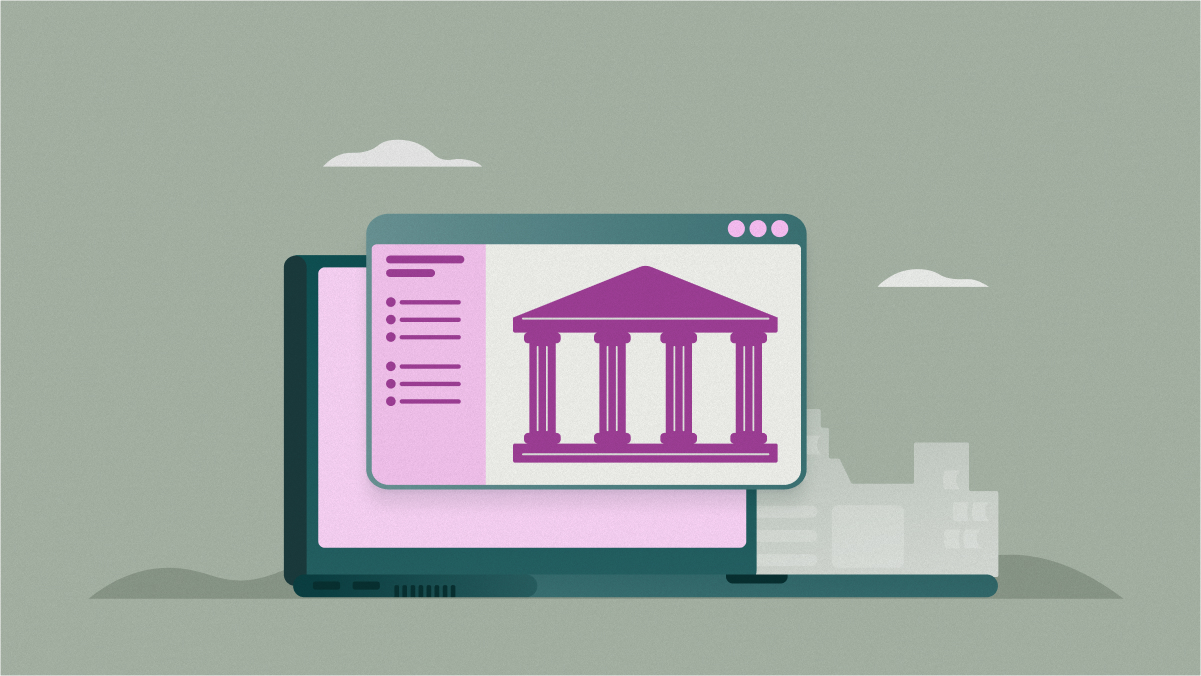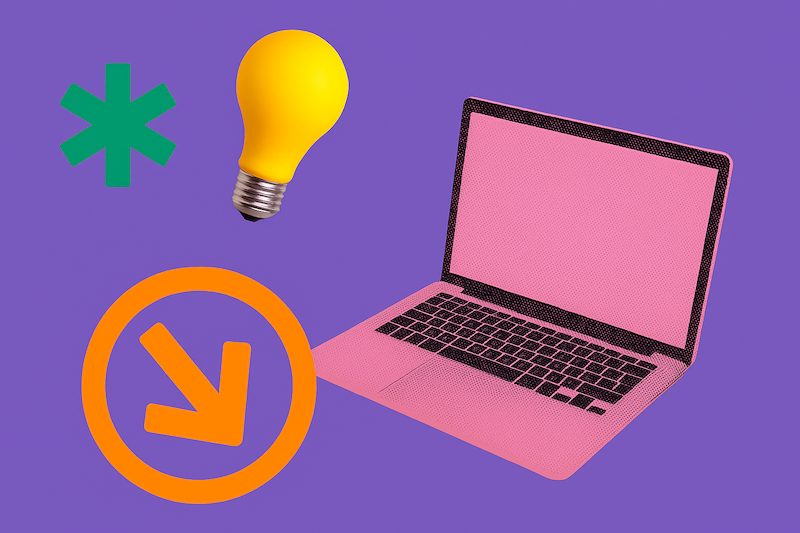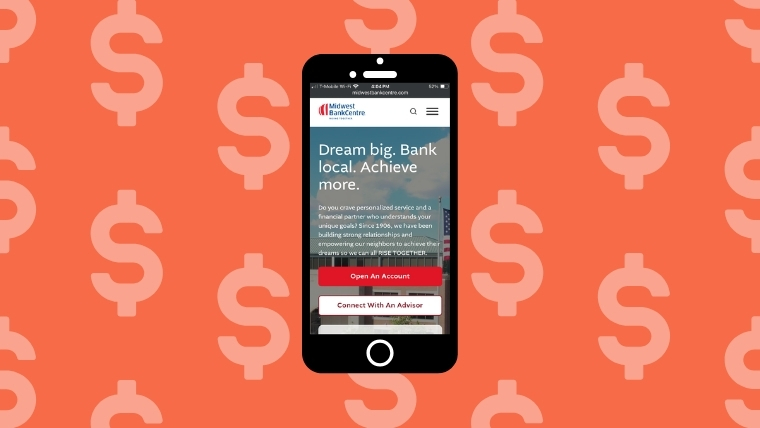Digital Marketing & Industry Insights
Welcome to the Matchbox blog—your go-to spot for helpful tips, digital insights, and the latest tools shaping the web. From marketing trends to behind-the-scenes updates, we share what we’re learning, building, and excited about.
-

SEO Isn’t Dead—It’s Just Smarter: AIO, AEO & GEO Explained
I had the chance to attend Web Summit Vancouver in May 2025, and it was an experience that hit differently.…
Top Reads
-

How Structured Data Can Give Your Website A Competitive Edge
Structured data helps search engines understand your content. It turns raw information…
-

Understanding GA4 Metrics: A Beginner’s Guide
Google Analytics 4 (GA4) is the new standard for website tracking. If…
-

8 Bank Marketing Strategies
In the digital age, bank marketing has transformed from traditional sales. As…
Dive Deeper Into Different Topics
Looking for something specific? We’ve organized our blog into categories so you can dive straight into the topics that you’re most curious about.
Digital Marketing
Website Design & Development
Industry Resources
Latest Posts
-

Beyond Aesthetics: How Design Shapes Brand Perception And Trust Online ( +Examples)
-

Finding Confidence Through Curiosity: Jenny’s Internship Story
-

SEO For Financial Services: Building Trust That Converts
-

Why Simplicity Works: The Power of Minimalist Design in Modern Branding + Examples
-

Optimizing Contact Paths: From Website Visit To CRM Entry
-

Why Agencies Need to Vertically Specialize
-

How to Generate Leads for Banks
-

Scaling Success with EOS: How to Unlock Your Business’s Full Potential
-

The Local Search Revolution for Credit Unions
-

Local SEO For Banks And Credit Unions: A Complete Guide
-

Mastering The Art of AI Animation
posts
Let’s talk strategy.
You’ll leave with a custom action plan, not a sales pitch.
